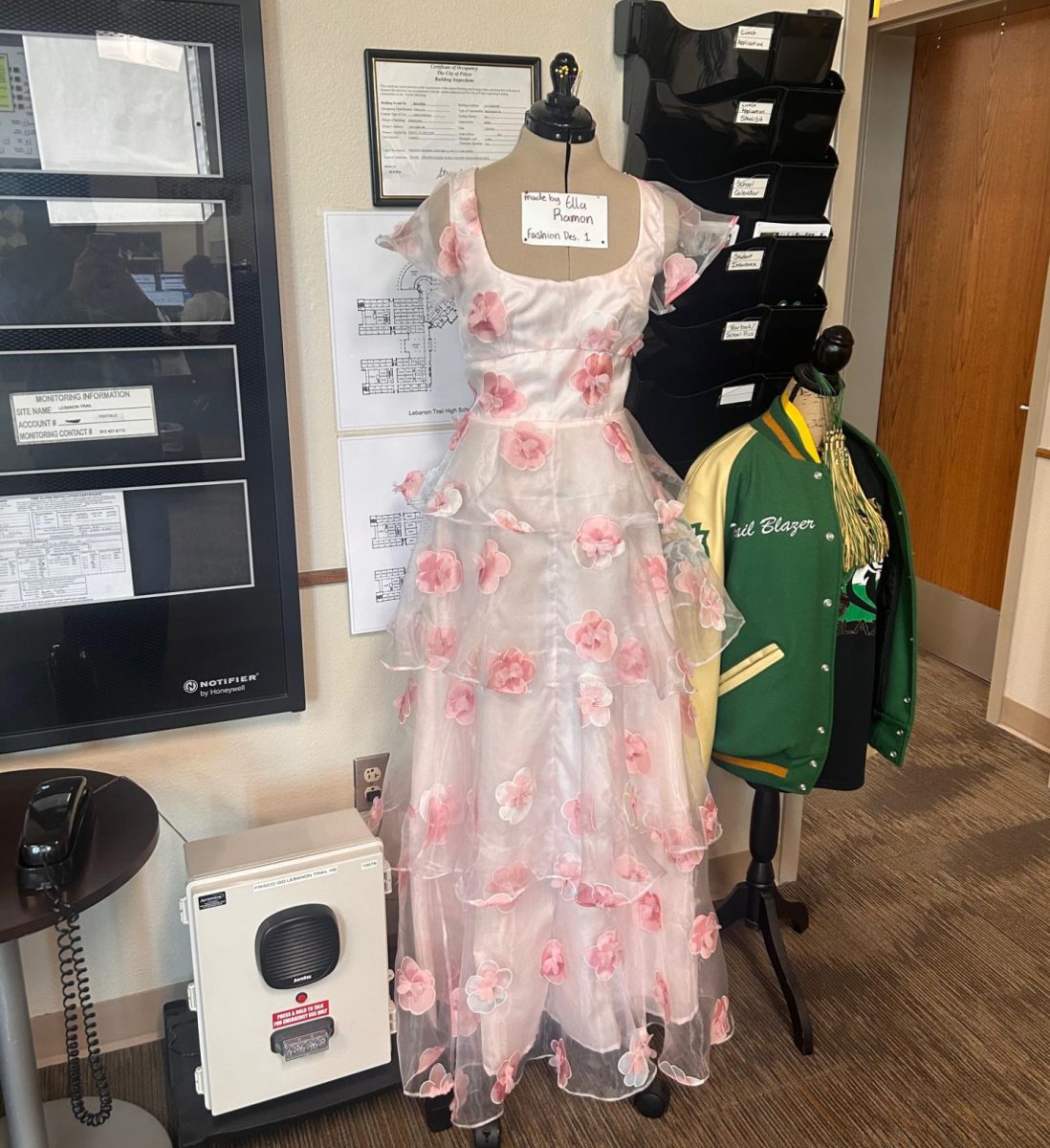Everyone knows Barbie. Especially the massively successful summer blockbuster movie Mattel released that raked in 1.3 billion dollars at the worldwide box office. It is becoming the highest-grossing movie of the year in North America. It caused a global shortage of pink paint. In more ways than one, this movie has been groundbreaking.
And why wouldn’t it? It’s fun, sparkly, and SO pink. There’s so much imagination and creativity that you almost forget how existentialist it is!
And it gets extremely existential.
Because, Barbie, at its core, is a coming-of-age movie. It’s about girlhood, both the complexities of it and the more toxic parts. Throughout the movie, Margot Robbie skillfully plays the role of Barbie, a woman living in “Barbie Land” where women run the world and the men are mere accessories to them. She enters the real world with Ken (Ryan Gosling) in search of why there have been weird changes to her body in which she might be becoming a human instead of staying a living doll.
Here’s where everything changes. Firstly, she finds out about misogyny. Pretty bad. Then, Ken becomes the twist villain, resulting in Barbie having to deal with him as a problem and not just a boyfriend.
This can represent the changes that happen during puberty in girlhood, in yourself, and in your relationships with others. There are bodily changes, boys who you realize are changing into men, and the whole world slowly revealing itself to you. This is the coming of age that Barbie experiences, which is grounding because it makes the perfect figure Barbie represents to be much more human and relatable.
That’s where the movie’s empowerment of women comes in. The film is incredibly self-aware in its message and its depictions of it. Beauty is a subtle theme that gets brought up. A key example of this is when Barbie sees a senior woman and tells her she’s beautiful, probably because she isn’t affected by societal standards of age because no one ages in Barbieland. It’s subtle but powerful nonetheless.
Speaking of which, for a movie that is suspected to have such obvious ties with themes of misogyny, it barely includes them in actual symbolism (and the actual movie). It does, however, include mothers and their importance.
This is a mother-oriented film. Instead of the movie being focused on a teenage girl (Ariana Greenblatt), like many probably suspected, it focuses a lot more on her mom and specifically the relationship the two have. Throughout the movie, they are subtly seen to be rebuilding their relationship. It represents a lot of the complex relationships between mother and daughter seen in real life, where the two still care for each other, but don’t have opportunities to talk it out.
This is also a tribute to Barbie since the original doll was named after the creator’s daughter, Barbara. Before Barbie was anything, she was a daughter first, and this honors the creator’s decision as well.
Finally, this movie is extremely satirical. Barbie Land is satirical. They’re mocking the men who will take it too seriously, who in turn further prove this point when you find out they’re Godfather fans. In this sense, I think the director knew exactly what audience she intended to draw in. It’s a great way of sending a message to those that will be receptive to it while also throwing shade at those who wouldn’t even try to understand in the first place.
Overall, Barbie subverted expectations of an easy cash-grab movie and is something so much more self-aware and modern. Under that category, it’s perfect.





















